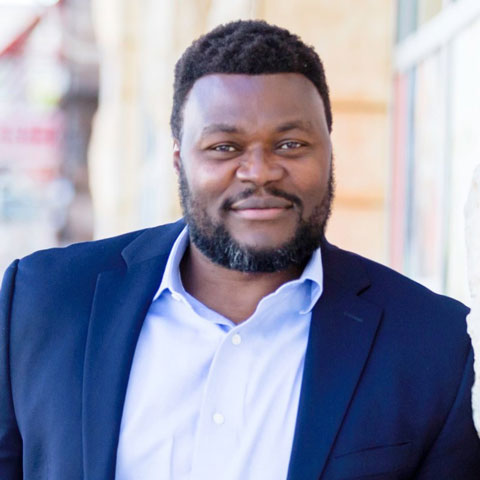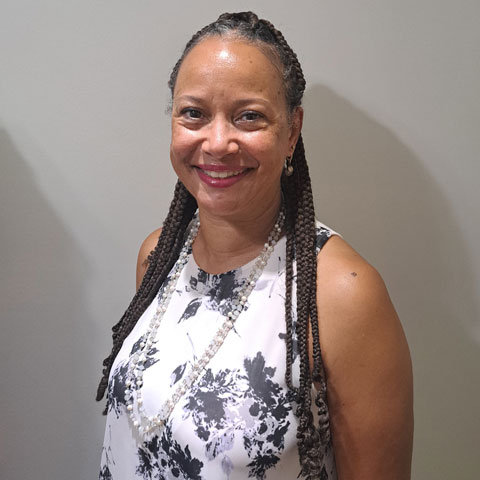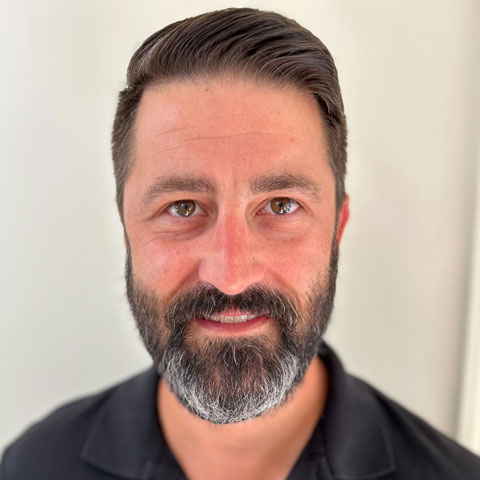PAID POST BY AMGEN
From a young age, Vera Graff had a difficult time breathing, but never thought much of it. As a teen on a hike in the Swiss Alps with her family, she noticed that it was taking her longer than her 50-year-old parents to walk up the mountains. She assumed that she just wasn’t as athletic as the rest of her family. But what Vera didn’t know until her 70s was that she had asthma – and with this diagnosis her life began to change.
When Vera’s breathing problems worsened five years ago, she went to a pulmonologist where she received a breathing test and subsequent diagnosis of asthma and emphysema. Vera’s physician prescribed her an inhaler and nebulizer, but she wasn’t taught how to properly use them or given any resources to support the long-term management of her lifelong, chronic condition. The uncertainty around managing her condition began to impact her daily life.
Knowing that she needed to make a change, Vera started seeking more information and contacted the American Lung Association (ALA) of Chicago. They encouraged her to join their local program called the Adults and Adolescents with Asthma Initiative (AAAI). This program is part of a larger nationwide initiative from the Asthma and Allergy Foundation of America (AAFA) called the Health Equity Advancement and Leadership (HEAL) Innovation Program, funded by Amgen. HEAL Innovation is an ongoing, multicity initiative that offers tailored programming to local organizations around the country to help people at high risk reduce the burden of their asthma.
Vera, among many other participants who have joined the program, has found the asthma trigger reduction products for her home particularly helpful. “I would encourage anybody, especially those who have been recently diagnosed with asthma, to join a program like this,” said Vera. “Learning management techniques for my asthma triggers and having the support of a broader community who are navigating similar issues has made a huge difference for me.”
To provide a deeper look into the local Chicago program, Jude Ngang, executive director, Representation in Clinical Research at Amgen spoke with Felicia Fuller, DrPh, Director of Health Promotions for Illinois at ALA and Patrick Hattaway, MPH, Director of Health Promotions at ALA.



JN: What is AAAI and how does it support asthma patients in Chicago?
PH: In collaboration with AAFA, we launched this program to provide asthma education, home visits and other resources for adults and adolescents managing asthma in Chicago. But most of the work focuses on environmental in-home assessments. We walk through each participant’s home environment and discuss the different factors present that may be impacting their asthma. After the assessment, we send them products free of charge, including air purifiers, safe cleaning supplies, vacuum cleaners and other asthma mitigation products, which can help remediate the issues triggering their asthma.
We anticipate that when we follow up, typically at three, six or twelve months, we find their asthma control has improved and that they have less need to seek emergency care.
JN: What are the top challenges for participants in the Chicago program when it comes to managing their asthma?
PH: I would say the number one issue is affordability. Whether it’s a vacuum cleaner or medication, prices have gone up. We find that most of the program participants are greatly appreciative of the foundational tools we’re able to give them, both through education and the product donations.
FF: One major reality for our city is the proximity to high traffic roadways. Living near freeway intersections where cars frequently pass by filling the air with exhaust can cause significant problems for those living with respiratory issues like asthma. We’re seeing this long-standing pollution drive higher rates of asthma in children compared to the national average.
JN: How is this program different from other asthma initiatives around the country?
PH: With this program, we’re aiming to reach and support adults with asthma. Historically, many public health asthma programs have focused on children, which is incredibly important, but asthma is a lifelong condition, and therefore people still need ongoing support throughout adulthood. By investing in this age group, we’ll be able to help those diagnosed later in life and ensure adolescents can continue to receive community support from the program after they turn 18.
JN: What are you looking forward to seeing from the Chicago program in the next year?
FF: I’m looking forward to continuing outreach, but also reflecting on what worked and learnings from year one. The first year of any program is focused on setting the foundation and introducing yourself to the community. Through all of our outreach, it’s important for us to relay to individuals with asthma that in order to help other people, for example your children with asthma, you have to be healthy. Your own asthma needs to be controlled. We’re excited to see what the future holds for this program and the impact it will have on the Chicago community.
Learn more about HEAL Innovation and the impact it’s making across the U.S. here, and find out how to get involved with ALA Chicago, here.
This article has been supplied by Amgen, a paid advertiser. The editorial staff of Chicago magazine had no role in this post’s preparation.



